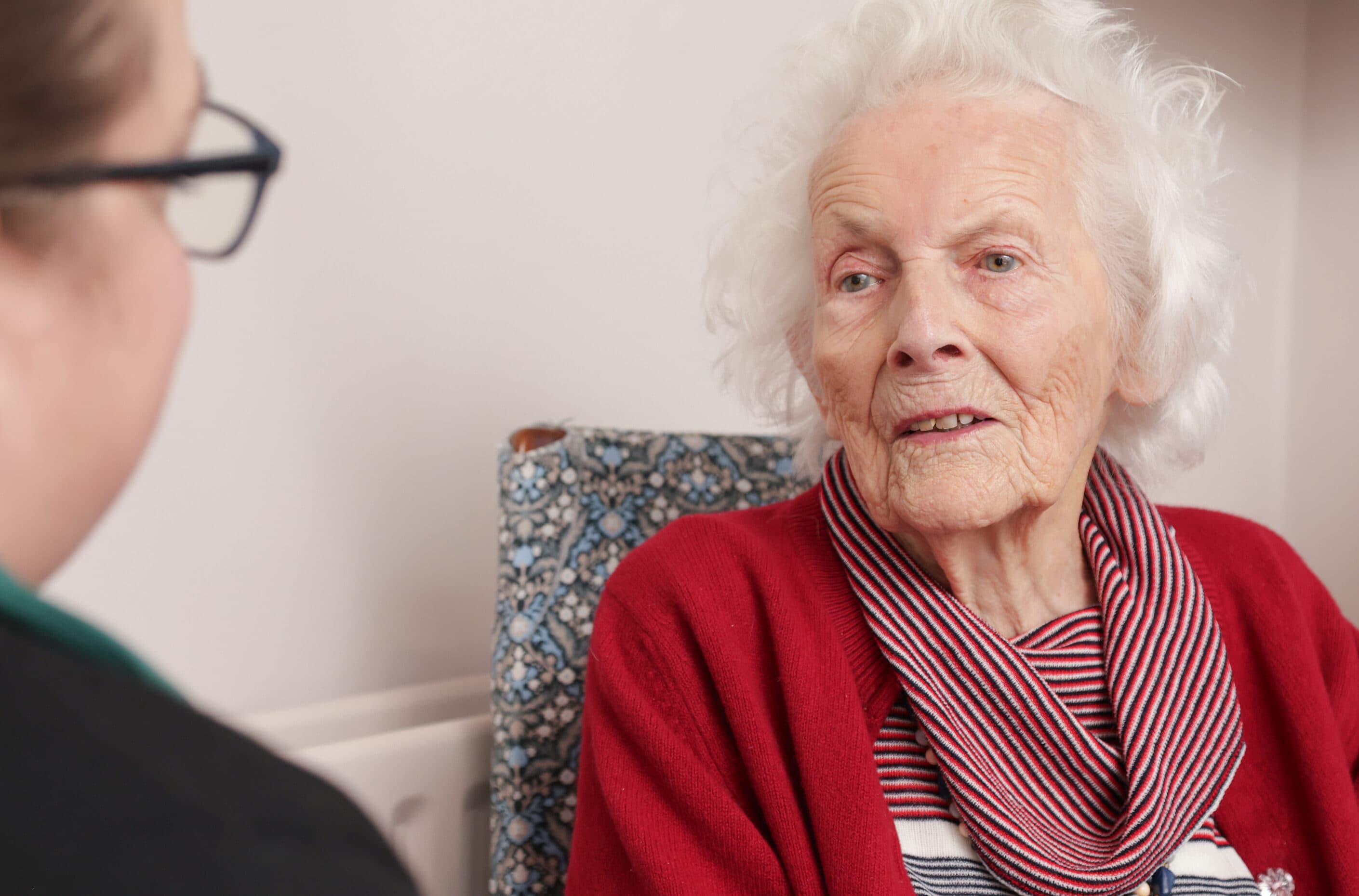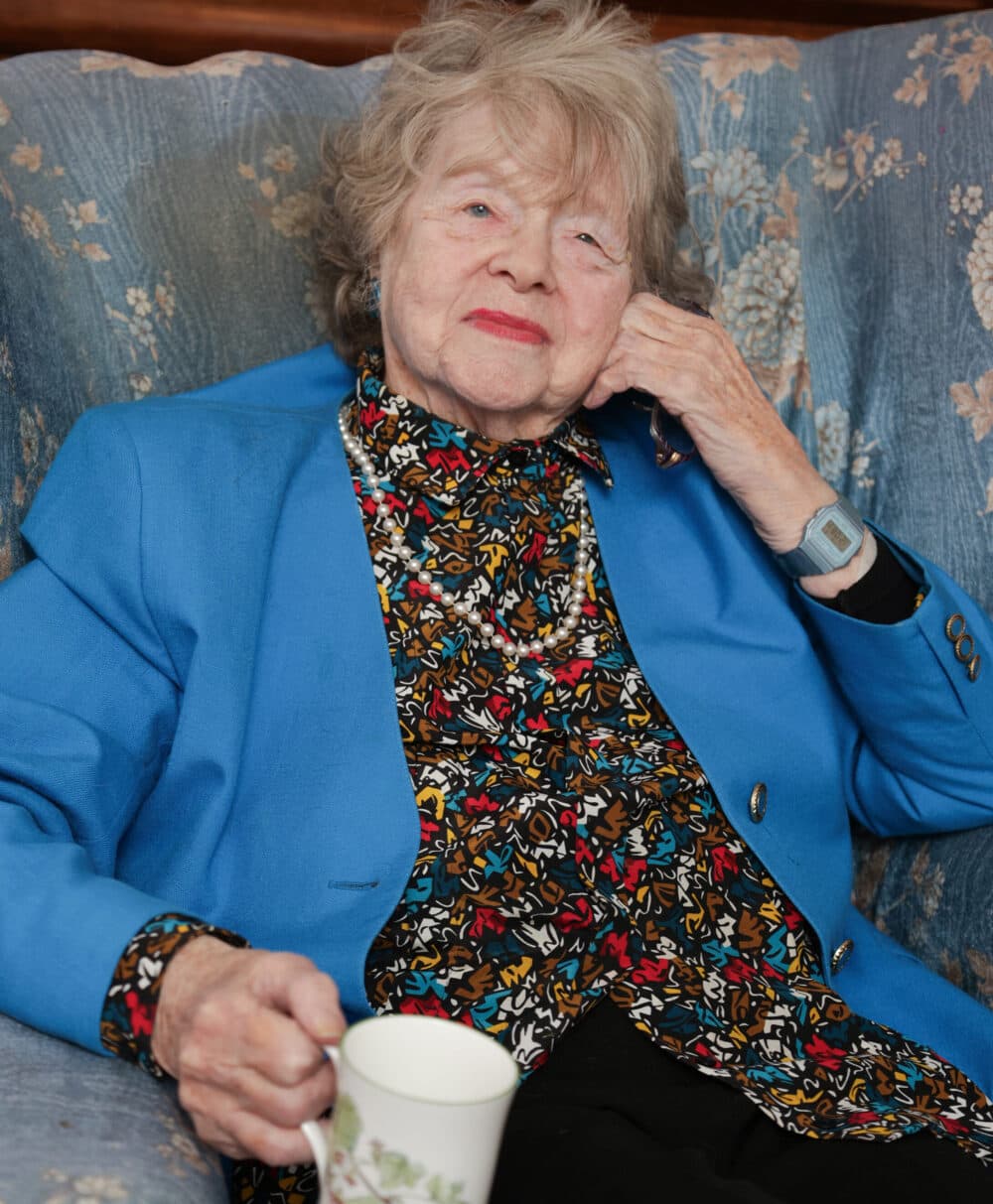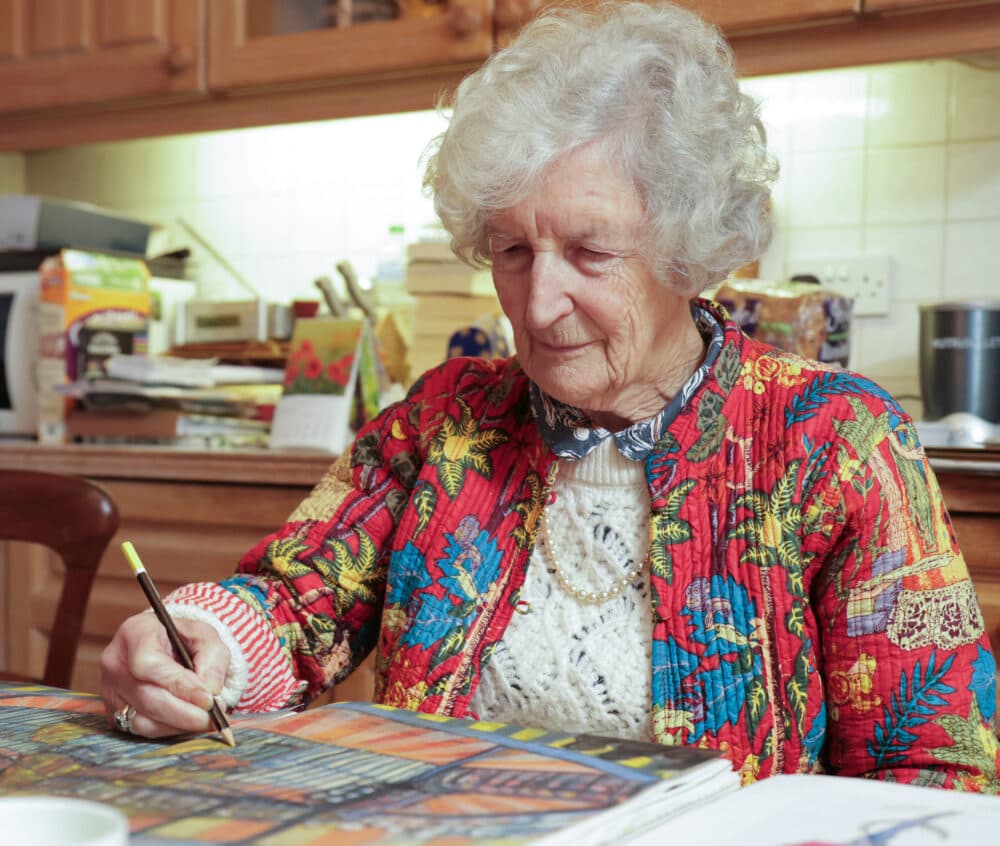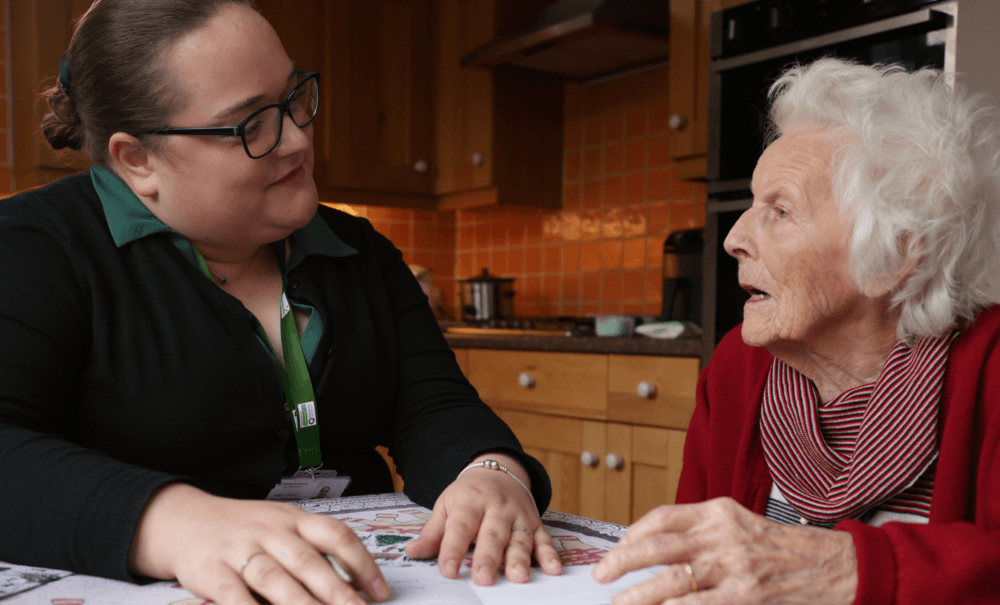When is the Right Time to Start Thinking About Care?

Noticing changes in our ageing parents or loved one is common, but it can be hard to know when to step in and provide a bit of extra support. At Home Instead Richmond, we support families to put care in place for loved ones at the right time and before a crisis. According to the Public Health Outcomes Framework (PHOF), the majority of accidents in older adults could be prevented with proactive home care measures. Therefore, if you have a worry about a loved one, it is best to act on it now. However, we know that thinking about care can be overwhelming, so having a clear understanding of the signs that your loved one is starting to struggle can help you keep ahead of the ageing crisis.
At Home Instead Richmond, we know there is never a ‘right’ moment to have this conversation. We have written this blog to help you identify the early signs that it’s time to start thinking about home care.

Spotting the Common Signs
- Medication Management
Age UK estimates that over 2 million older adults take at least seven prescribed medications. It can be hard to keep track of the medicines we need to be taking for any age-related conditions, and what time we should be taking them. We may put this down to forgetfulness being a natural part of getting older; that’s what we often tell ourselves. But this could be a sign that your loved one needs support. Here are some common questions our expert care managers may ask you if you get in touch:
Have you noticed prescriptions due for a refill haven’t been touched?
Are they finding it hard to open the medication bottles?
If you answer ‘yes’ to these questions, it might be time to consider having a care professional check in and give your Mum or Dad a helping hand, helping reassure you that they’re keeping healthy.
- Loneliness
Many of our family carers have worried that their loved ones might be lonely, especially if they are no longer living with a partner, or if they cannot be on hand to support more due to their own work or children. One caller, now client came to us saying, “Mum is a lot quieter than she used to be”, and “I’m worried they don’t have anyone to talk to during the day”. We were swiftly able to support her mum with companionship visits and combat loneliness. Soon her mum was out enjoying her usual walk around Richmond Park and enjoying coffee at Pembroke Lodge with her Care Professional.

How We Can Help
We are committed to assisting families in knowing when to start talking about care. To further support with this, we have created a ‘Spot the Signs’ tracker. Just download it and tick off any signs or symptoms you have started to notice. This will give you a much more specific picture about where your loved one needs extra help and should support you when having that care conversation. Taking the first step is always the hardest. Let’s talk about navigating it together.
